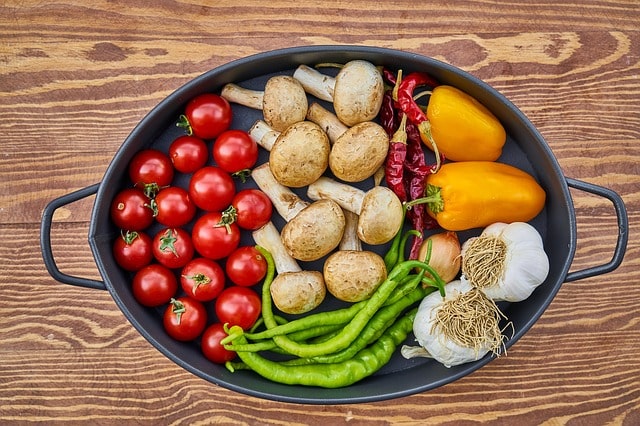
Representational Pic
Ranchi (By our correspondent): Lead Agriculture Economist of the World Bank Chakib Jenane said that growing forward the demand for food will grow by 50 percent by 2030 due to population rise and dietary shift and India will be on a high-risk path as it would be most populous country by the year 2050. Addressing a world bank session on second of the Global Agriculture and Food Summit at Khelgaon here he said that on the other hand, the world is also staring at water deficit of 80 percent by the year 2030.
Mr. Jenane pointed to achieve the food security an investment of 450 billion dollars was needed however the government alone can not do anything and a deficit of 220 billion dollars gap needed to come from the private sector. He said that India needed to tap its full potential in the food processing sector which was a mere 10 percent in the nation. He pointed out that the fruit and vegetable processing in India was at 2 percent while that in the milk processing it was a bit better at 35 percent. However when compared to other nations including the US where the overall food processing sector was at 60 percent and even in nations like Morocco it was around 35 percent. Mr. Jenane pointed that reasons as to why India has lagged behind included poor business environment and lack of appropriate linkages, lack of processable varieties and assured input supply, the presence of many small players and presence of MSMEs which face huge capital startup issue.
Earlier Chief Secretary Sudhir Tripathi dwelled that now agriculture is being linked with farm income. He said need was also to accord focus on examining laws licensing norms movement of agriculture products how to harmonize tax laws recognition of electric trade and how to control postharvest loss as Jharkhand was behind as compared to other states. He said that one big challenge is awareness and adoption of things as only 25-30 pc are aware of the latest practices and schemes while only 15- 20 pc were using them.
Mr. Tripathi said in order to bridge the gap IEC intervention is required. He said that one option could be running community radio from all the KVKs to create awareness among the farmers and said that the state government was committed to implementing all the best practices in the state.
Ambassador of Morocco Mohammed Maliki shared the insight of his nation’s green growth and highlighted how the agriculture sector faced the challenges and steps taken to overcome the problems. On the other hand, Deputy Chief of Mission Embassy of Tunisia shared the insight into the farm and agriculture sector of his country and how world bank had helped the nation in their needs. Yogesh Suresh Thorat of MAHA FPC shared of the farmer's cooperatives were working in his state and what best practises the farmers needed to adopt. Those who were also present on the occasion also included Senior Agriculture Specialist of World Bank Priti Kumar and Secretary Agriculture Pooja Singhal.
.